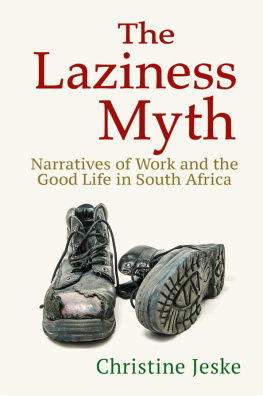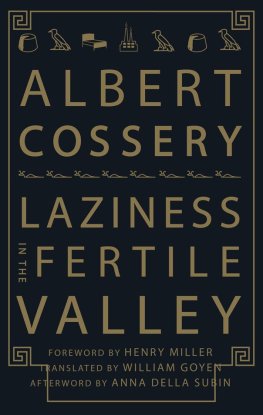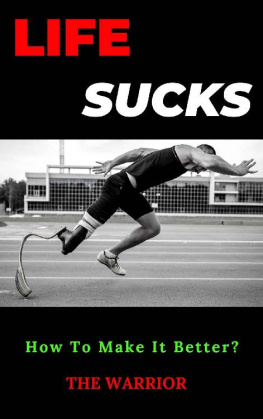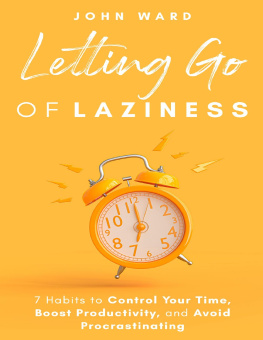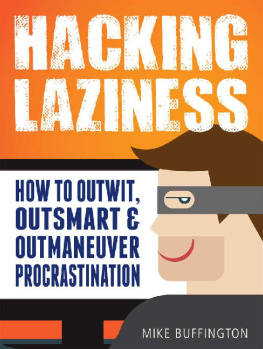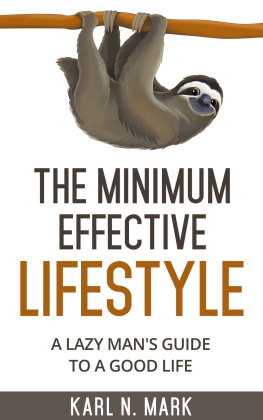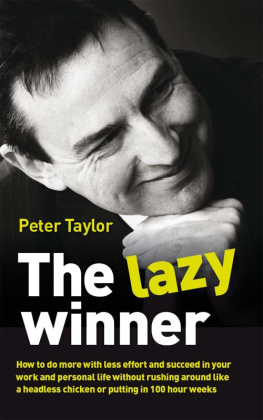Acknowledgments
I will never forget the moment early in my fieldwork when Mtoko suddenly shouted down the street, Im going to be in a book! In America! Mtoko, this is for you. Like too many black lives, Mtokos ended too soon. It has not gone unnoticed. I am grateful beyond words for each person described in this book, named and unnamed. In sharing your stories, your time, and your experiences, you teach me and others how to think and also how to live.
I am also deeply grateful for the generosity of the many others who walked with me on the journey of this book. First, to those who welcomed my family to South Africa and taught us to love their country: Barbara and John David Borgman, Vanessa and Rouen Bruni, Geoff and Sarah-Beth Gould, Sam and Sarah Groves, Sabelo Hadebe, Penny and John Jardine, Lungile Mayaba, Betsy and Eugene Meyers, Thathu and Lineo Mokoena, Sofi Ntshalintshali, Paul and Sue Ross, and Caryn and Richard Shacklock. In America, my church offered hugs, prayers, and Thursday dinners that held me together through graduate school and beyond. South African colleagues offered early and continued conversations that convinced me to pursue this line of research. They include Patrick Bond, Daniela Casale, Philani Dlamini, Dorrit Posel, Imraan Valodia, and especially Hylton White. Frances Benson, my editor, saw something valuable in this research years ago and advocated for this book throughout the publishing process. I was fortunate to receive funding for the research and writing of this book from an Aldeen Grant, a John Stott Faculty Research Grant, a Scott Kloeck-Jenson Research Fellowship, two Foreign Language and Area Studies Fellowships, and a Hawkinson Foundation for Peace and Justice Award. I am also grateful to Economic Anthropology and the American Anthropological Association for permission to reprint portions of the article People Refusing to Be Wealth: What Happens When South African Workers Are Denied Access to Belonging In. The many people who generously shared feedback on this manuscript include Hannah Dawson, Jeremy Foltz, Sarah Hamersma, Larry Nesper, Karen Rignall, Zhou Yongming, and my research assistants, Joe Saperstein and Anna Cole. I would not have achieved proficiency in isiZulu without the instruction of Bongani Mbatha, whose isiZulu lessons also included many insightful conversations that steered the direction of this research. Rachael Goodman and Christina Cappy have shaped this manuscript and my own life immeasurably as we laughed, cried, cursed, and celebrated together through researching, writing, and other trials of academic life. Claire Wendland deserves special thanks for her incredible ability to see to the heart of a topic, articulate my own thoughts sometimes better than I can, copyedit meticulously, and give practical advice and friendship through every step of a PhD program and beyond. My parents taught me never to stop learning, to make teaching an adventure, and to respond to every risk in life with faith. And finally, thank you to my hilarious, encouraging, flexible, and fun children who go happily wherever we take you; and my husband, who sees me not only as I am but also as I should be, who discussed every bit of this work, and who is the best life partner a person could ever have. This is a story of people seeking the good life, and I will remember our years in South Africa as a time when we found the good life, not only in the stories I heard others tell, but also in the life we experienced. Thank you to all those who made that possible.
Introduction
We want to live a good life
Bullet, a South African man now in his late twenties, graduated from one of the top public high schools in his province. Upon graduation, he accepted a partial scholarship to enter a prelaw degree program at the University of Witwatersrand, one of the most prestigious universities in the country. One year later, Bullet walked out of the university, never to return. He had not had a job for years when I met him in 2014. And he said he was doing exactly what he was made to do.
This is a book about the ways people seek a good life. Specifically, its about how their various ways of seeking a good life door dontintersect with work. Its a book that will help you understand some of the global political and economic trends that make it rare for people like Bullet to find the good life through a paid job, and how people like Bullet go on finding the good life anyway. Ultimately, its a book meant for generating new ways of thinking about work and the good life so that more people can find lives that they consider good.
Bullet grew up in Mpophomeni, a location or township where many black South Africans were forcibly relocated in the mid-twentieth century under apartheid, the government-imposed system of racial discrimination.rand (written R10,000, about $1,000 in US dollars). His family had pooled thousands of rand each year from his fathers job as a truck driver and other sources to pay the school fees and transportation money for him to attend school in the predominantly white town of Howick. Mpophomeni and Howick are spaced about fifteen kilometers apart, in KwaZulu-Natal Province of South Africa. His parents were proud when their son graduated from Howick High School and headed to law school, seeing this as a clear step toward the good life. Bullet, however, grew up hearing conflicting messages about what made life good.
I never went to bed and just had this beautiful dream of going to court, he told me. Maybe I shouldnt have dropped out, but just, it seemed, it seemed so unnatural to me. You know? Cause I come from a location, I dont feel comfortable in that environment. I never did.
I met Bullet through one of his friends, a young man named Cat who I first talked with at a computer training center for unemployed youth. Cat decided to tell me what he did in a typical day, but as he started listing his daily progression from sleep, to smoking weed, to watching television, to smoking more, he seemed to get discouraged. Smoke it with the homies, thats all we do seriously in the location, he shrugged. Youd be surprised. You think Im lying. Shit. We dont really do much. Then suddenly he interrupted his train of thought. Oh! Theres a friend, I have a friendI have hip hop, I mean, theres a hip hop crew actually. My friend Bullet, we sit in his studio and make some tracks. Cause he has a studio, like plenty of equipment. Small things. Two speakers, like general things. We sit there and make some tracks.
Cat took me to meet Bullet, and we talked for a couple of hours. In the months ahead, I often ran into Bullet around the township and came back to his home to ask more questions. He impressed me as one of the most astute social scientists I had ever met, despite never thinking of himself as such. He had keen insights about the culture he lived in, plus a cutting sense of humor and blatant honesty that tended to make his friends exclaim their agreement by laughing, cursing, or both.
The first time Cat brought me to Bullets house, an album that Bullet and his hip hop crew had produced was playing on a computer on a desk along one wall. Bullets three-year-old nephew poked his head in the doorway and mouthed along with the lyrics for a while, imitating rapping hand motions. We sat on half-broken office chairs and benches tucked between microphones and speakers in Bullets recording studio in a room behind his parents house. I asked Bullet what it meant to live a good life, and he and Cat started talking about what young men in the township had grown up wanting.

